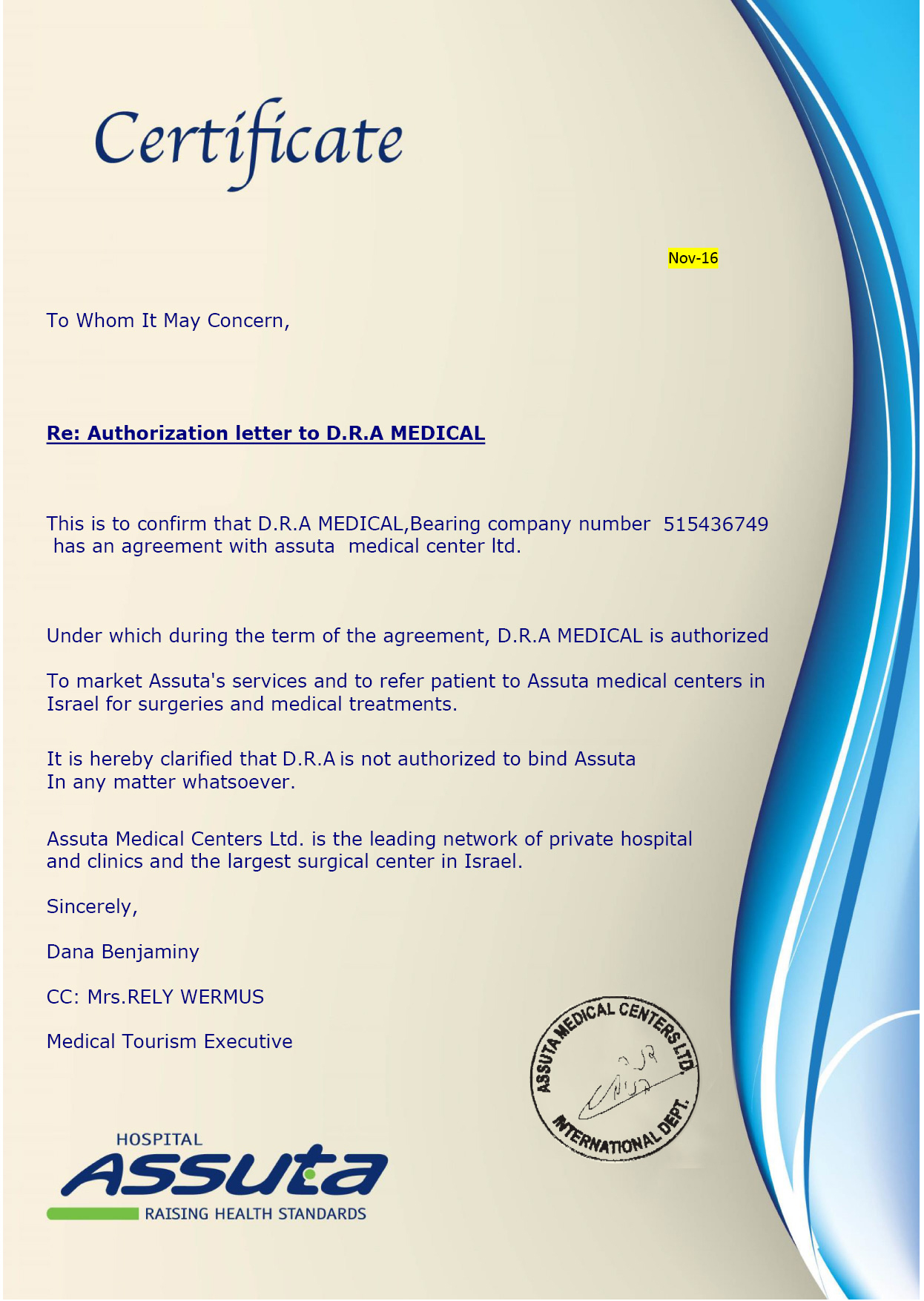What is Cystectomy and why is it done?
The term “cystectomy” refers to the partial or complete surgical removal of the urinary bladder.The most common medical condition that requires cystectomy is bladder cancer. In those cases when the bladder cancer has grown too big, a course of chemotherapeutic drugs can be prescribed to the patient to reduce the size of tumor and thus make it more manageable during the surgery.
Cystectomy might also be needed when the bladder becomes seriously damaged as a result of other treatments, such as radiotherapy or chemotherapy.

How Cystectomy is done?
There are three different versions of cystectomy which differ by the surgery’s extent:
- Partial cystectomy - Partial cystectomy removes only a part of the bladder affected by the cancer. This type of surgery saves the bladder but is only possible when the tumor is relatively small and when it doesn’t affect the openings through which urine enters and leaves the bladder.
- Simple cystectomy - Simple cystectomy removes the whole bladder but leaves the other surrounding organs untouched. Radical cystectomy which is often used to treat invasive cancer is a major surgery that removes not only the bladder but also the nearby lymph nodes and a part of the urethra. In men, radical cystectomy also involves the removal of the prostate and the seminal vesicles. In women, the ovaries, uterus, cervix, fallopian tubes and part of the vagina get removed.
- Surgery - The open surgery is done through a large incision in the lower part of the belly. Laparoscopic surgery (keyhole surgery) is an alternative surgical technique which involves only making several smaller cuts in the lower abdomen. Laparoscopic cystectomy is done with the use of specialized computer-controlled equipment and smaller surgical instruments that are inserted into the abdomen through the cuts. Keyhole surgery allows avoiding the substantial blood loss common in the open surgery and involves less post-operative pain and faster recovery.
In the absence of bladder, some arrangements should be made to remove the urine produced by the kidneys from the body. Cystectomy always involves making a new way to pass the urine. There are several surgical methods to address this problem. Urostomy (ileal conduit) connects the urine-carrying tubes to a bag outside the body that has to be drained from time to time. To avoid having an external bag for collecting urine, an internal pouch can be created from a piece of bowel. This pouch can either be emptied through an opening in the belly (continent urinary diversion) or connected to the urethra (neobladder) and emptied by flexing the abdominal muscles.

Recovery after Cystectomy
Recovery after cystectomy can take a long time, usually about 6 to 8 weeks. Post-surgery, hospital stay for about a week is usually needed.Cystectomy makes some irreversible changes to your body. It affects the way you pass the urine. It may also have the major effect on your ability to have sex and to have children. It often affects the function of the bowel as well. Radical cystectomy leads to the permanent loss of fertility in both males and females. Men usually experience erection problems. Women often have the symptoms of menopause such as hot flashes.
The surgery is associated with the possibility of various complications. Many of them are caused by the bladder replacement surgery and their nature depends on the type of replacement used.
The common complications of cystectomy include acidosis (the imbalance of electrolytes that might require taking certain drugs to control it), urine leaks, infections, and obstruction of the bowel.
Cystectomy is a major surgical procedure. The knowledge and experience of the surgeon are the key factors that minimize the risk of complications. The specialists in DRA Medical have an extensive experience in performing this surgery.











